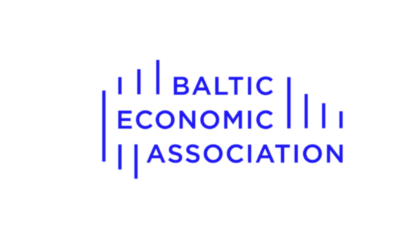On 24 April at 14:00-15:00 you are invited to attend the research seminar of the School of Economics and Business Administration of the University of Tartu in which Brent McKenzie (University of Guelph) will present the research project “How Canadian Whisky’s 9.09% Rule Has Transformed Its Brand Image: From Weakness to a Strength”.
A number of countries have geographically identified food and drink. One of the most well-known distilled products around the world is Scotch, or more accurately Scottish Whisky. Other countries such as the United States and Bourbon, Irish Whiskey, and Japanese Whisky also have defined whisky categories. Canadian Whisky also falls within this group. Like the others there are specific requirements for making whisky. For Canadian whisky, it must be made from grains, distilled, aged, and bottled in Canada, for a minimum of three years. Where Canadian whisky differs, is that it also has a 9.09% rule, which means that in a bottle of Canadian whisky, the distillery is allowed to add up to 9.09% (1/11) of something else. From a positive perspective it provides Canadian distillers greater opportunities to shape the taste of the final product, as well as increasing development of different Canadian whiskies. For competitors of Canadian whisky, the 9.09% rule has been used to denigrate or criticize the product. This study provides an overview of the history of the Canadian whisky and how companies that are making Canadian whisky today are using the 9.09% rule as a way to position their product through transparency and communication of its use. This research highlights how the 9.09% Rule, and other examples of arguably negatively oriented restrictions, can be shifted in terms of brand focus, and brand identity. Further contributions focus on the value of clarity in terminology as an important variable in terms of brand understanding and by extension brand trust.
Meeting ID: 97908273181
Passcode: 711029

